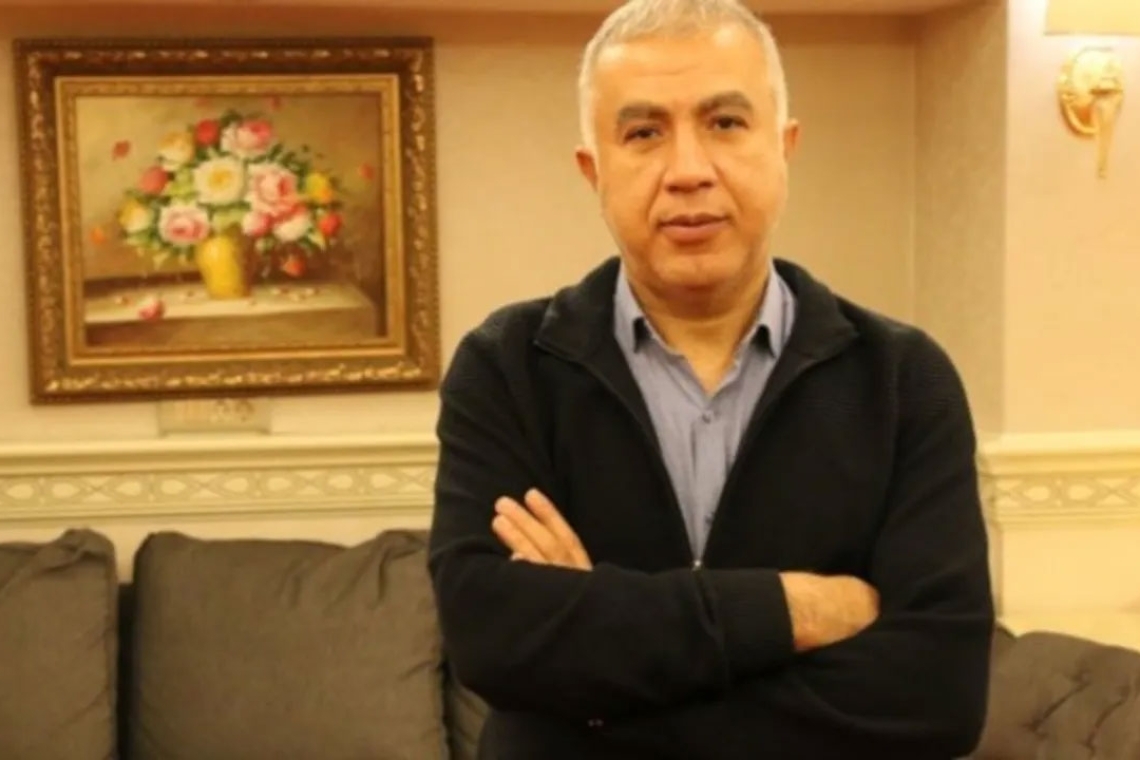Raids in Diyarbakır target Kurdish cultural institutions, 30 detained
On September 24, several individuals, including members of the Payîz Pirtûk bookstore and the Anka Language and Arts Education Cooperative, were detained in house raids in Diyarbakır, Turkey. The raids, part of an ongoing investigation by the Diyarbakır Chief Public Prosecutor's Office, targeted institutions involved in promoting Kurdish language, culture, and literature. Linguist Zana Farqînî condemned the crackdown, stating, "There is no tolerance for anything related to Kurdish identity, language, or culture."
The raids also included a search of the Mezopotamya Language and Culture Research Association (MED-DER), where 30 people were taken into custody. Authorities confiscated numerous computers, hard drives, books, and magazines as part of the operation. Cihat Güney, the owner of Payîz Pirtûk, and another detainee, Mustafa Açmaz, were released following their interrogation.
The remaining 28 individuals, whose police statements have been completed, were transferred to the courthouse this morning. It was revealed that the investigation dates back to 2022 and that the arrests were largely based on the testimony of a secret witness named Ümit Akbıyık, who had previously made allegations against journalists, politicians, and civil society workers.
Speaking out against the raids, Farqînî emphasized that the government's actions contradict its rhetoric. Referring to Turkish Interior Minister Ali Yerlikaya's statement, "Both Yunus' Turkish and Feqîyê Teyran's Kurdish belong to us," Farqînî highlighted the inconsistency between the government's words and its practices. "Yesterday, Kurdish concerts and theaters were suppressed, and today, institutions working on Kurdish language are under attack," he said. He added, "What reveals true intentions is not the rhetoric, but the practice. Despite their human rights discourse, when Kurds assert their rights, they are met with intolerance."
Farqînî argued that this crackdown reflects the government's broader refusal to accept Kurdish identity. "The state’s perception has not changed and likely will not change. There is no tolerance for anything related to Kurdish identity, language, or culture. Language is a fundamental human, democratic, and cultural right, yet the state has no tolerance for these rights," he stated.
Farqînî also criticized the government’s claims of "advanced democracy." "Is this what they mean by advanced democracy?" he asked, asserting that democracy and freedom must apply to everyone, not just one group, ideology, or political view. He stressed that banning languages and seizing cultural and artistic institutions is unacceptable in the modern world, concluding, "This practice needs to stop."



